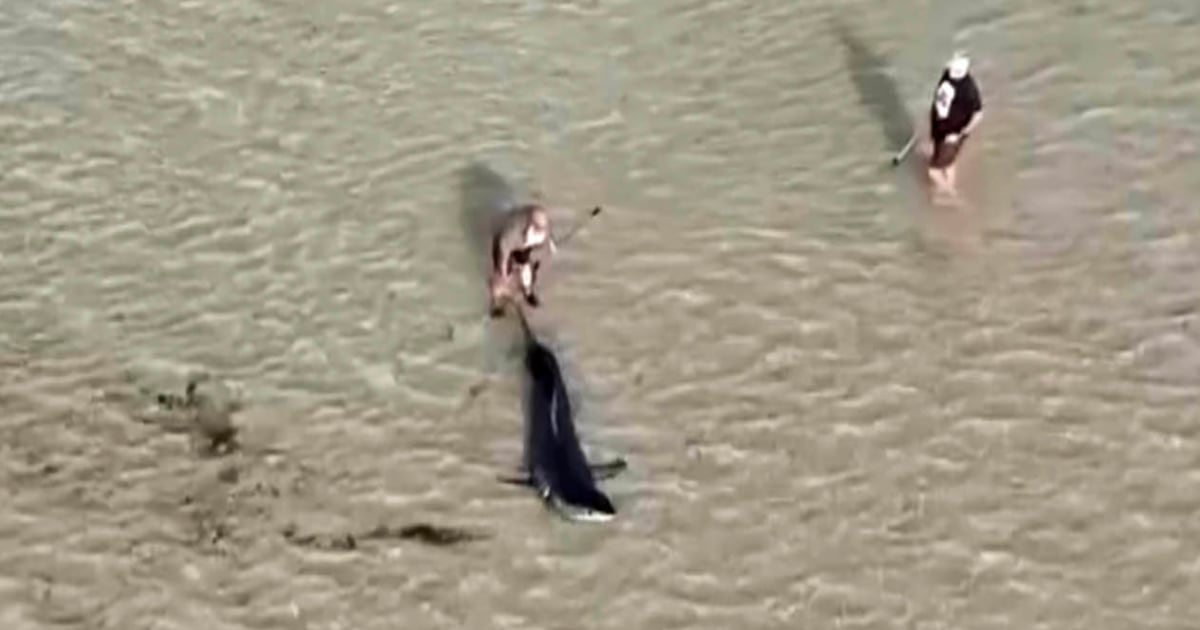Key takeaways:
- Scientists are researching the mating grounds of great white sharks in the Atlantic Ocean to better understand their reproductive behaviors and aid in conservation efforts.
- A tourist and local residents in South Australia rescued a stranded 10-foot great white shark, highlighting human interactions with these often-misunderstood marine predators.
- The rescue operation underscores the importance of understanding and preserving marine life, as scientists continue to study great white sharks’ mating habits.
Scientists are currently engaged in efforts to uncover the mating grounds of great white sharks in the Atlantic Ocean. This research aims to enhance understanding of the species’ reproductive behaviors and contribute to conservation strategies. Meanwhile, an incident involving a great white shark off the coast of Australia has drawn attention to the interactions between humans and these marine predators.
In a separate event, tourist Nash Core and his 11-year-old son found themselves involved in a rescue operation for a 10-foot great white shark. The shark had become stranded in shallow waters near the coastal town of Ardrossan in South Australia. Core, who was visiting from Gold Coast, Queensland, expressed a mix of fear and determination as he and local residents worked to return the shark to deeper waters.
The rescue effort, which lasted nearly an hour, involved three local men who assisted in guiding the distressed animal from a sand bank back into the ocean. Core speculated that the shark might have been either sick or exhausted. He expressed hope that their efforts were successful in aiding the shark’s return to its natural habitat.
This incident highlights the complex relationship between humans and great white sharks, a species often misunderstood and feared. As scientists continue their research into the mating habits of these sharks in the Atlantic, such interactions serve as a reminder of the importance of understanding and preserving marine life.



Be First to Comment